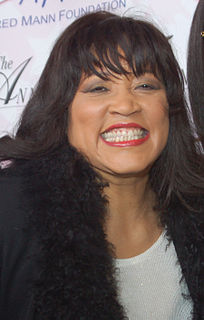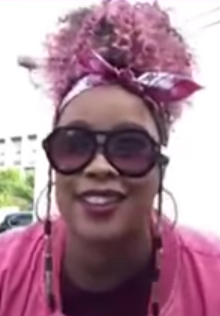A Quote by Susie Dent
I work with the Oxford Dictionary databases, which sounds really boring, but they're actually fascinating as they show you how current words are being used.
Related Quotes
Actually if a writer needs a dictionary he should not write. He should have read the dictionary at least three times from beginning to end and then have loaned it to someone who needs it. There are only certain words which are valid and similes (bring me my dictionary) are like defective ammunition (the lowest thing I can think of at this time).
[Winning the White House was an achievement], but as an African-American, [Barack Obama], I think the symbolism is in how he conducted himself. The symbolism was in - and this sounds really, really small, but it's actually big for African-Americans - the symbolism was not in being an embarrassment, but to being a figure that folks were actually proud of.
Because there are now online databases of federally funded research, and these databases are searchable by keyword, sex researchers have to be careful how they title their projects. It's become a simple matter, for those who are so inclined, to find and target researchers whose work they object to on religious grounds.





































